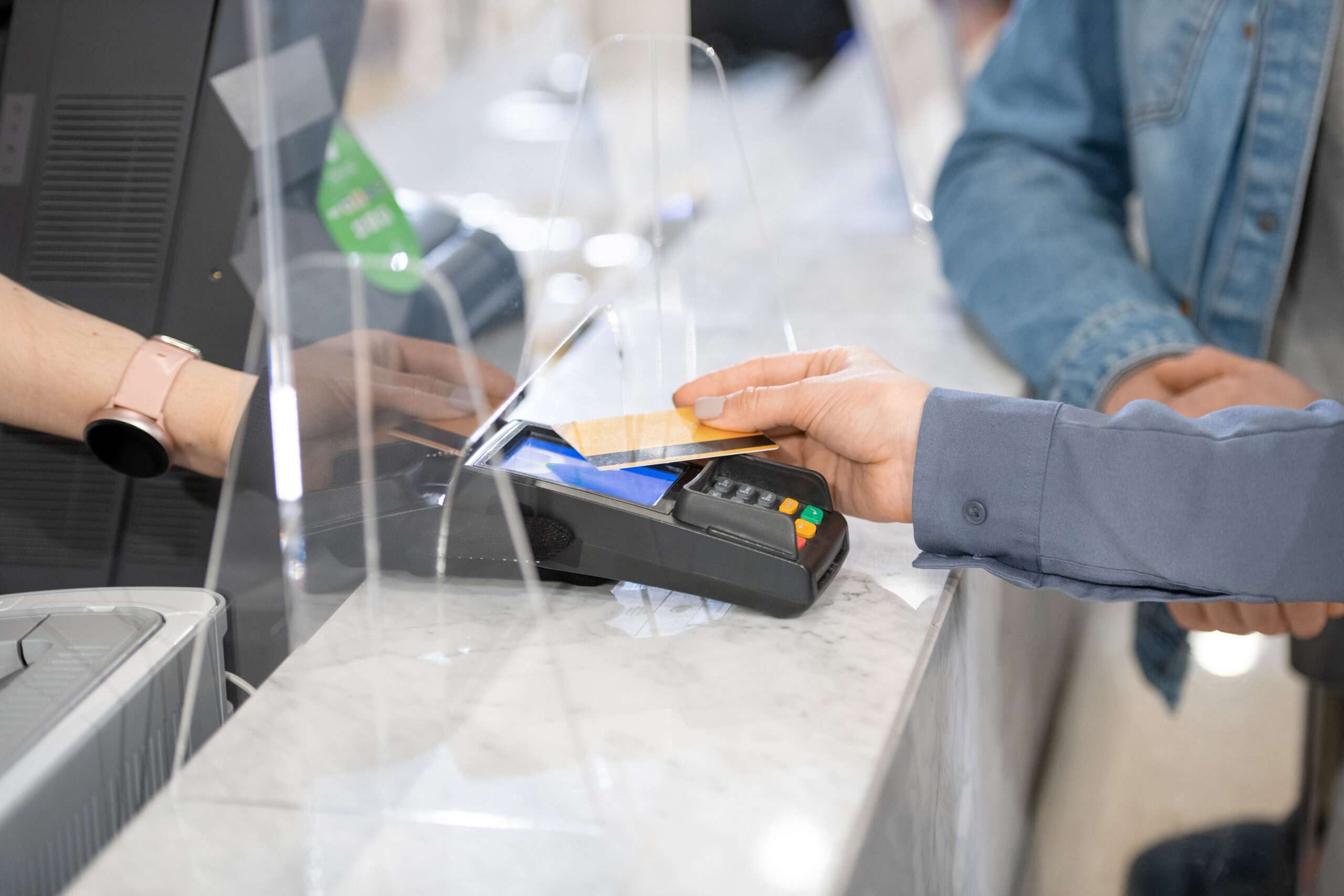Running a high-risk business certainly isn’t a walk in the park. One of the biggest hurdles? Getting set up to accept credit card payments. There’s a whole lot of red tape involved in securing a merchant account, and often, high-risk businesses find themselves facing the daunting prospect of a rolling reserve.
But fret not! In this article, we’re going to demystify rolling reserves, explaining why they’re needed and how they impact your bottom line. Let’s jump right in.
The Necessity of Rolling Reserves in Merchant Services
Ever wonder why a rolling reserve is a must for your merchant account? It boils down to an underwriting decision, with no room for negotiation. High-risk businesses, unfortunately, tend to have a higher incidence of chargebacks, posing a significant financial risk to banks.
When a chargeback is filed, the processor instantly refunds the customer, leaving the bank to cover the cost until the validity of the claim is determined. This is where the reserve account steps in, serving as a buffer to protect the bank from such losses.
What Exactly is a Rolling Reserve?
A rolling reserve is like a safety net for the bank. Each month, a portion of your credit card sales (typically 5-10%) is tucked away in a reserve account. These funds are held for about 180 days, mirroring the time frame customers have to file chargebacks.
After the initial 180 days, the bank starts transferring the oldest funds to your merchant account, while continuing to withhold a daily percentage. Hence, the term “rolling” reserve.
Rolling Reserves: A Temporary Cash Flow Hurdle?
While rolling reserves can pinch your cash flow, especially if your business operates on thin margins or is in its nascent stages, they’re not necessarily permanent. With a solid 6-12 months of good processing history, you might get the reserve lifted.
Banks typically consider three factors to assess risk: your monthly processing volume, chargeback ratio, and refund-to-sales ratio. Keeping these in check might require extra tools for fraud and chargeback management, but it’s a worthwhile effort to free yourself from the reserve requirement.
Should You Accept a Rolling Reserve?
The decision to accept a rolling reserve hinges on several factors. Some businesses can thrive on cash, check, and ACH payments alone, while others heavily rely on credit card transactions.
Before accepting a reserve account, crunch some numbers. Will the reserve eat too much into your profits? Could it affect your pricing strategy and competitiveness?
Remember, reserve accounts are especially common in servicing high-risk merchants. If credit card acceptance is vital for your business, and you’re in the high-risk category, finding a provider with expertise in this sector is crucial.
Choosing the Right High-Risk Merchant Service Provider
High-risk merchant accounts often come with higher rates and additional fees. It’s important to ensure that these are fair and transparent. Don’t let the high-risk label force you into accepting unfair terms.
Look beyond just the reserve requirements; consider the overall terms of the merchant account. Are you signing a long-term contract? What kind of support will you get? These are critical factors that can affect your business in the long run.
It’s also vital to read through all terms and conditions thoroughly. If there’s anything unclear, don’t hesitate to ask for explanations.
The Role of an Experienced High-Risk Merchant Service Provider
An experienced high-risk merchant service provider can be a game-changer. They understand the underwriters’ expectations and can foresee potential issues, ensuring a smoother application process and a higher chance of approval.
If you’re on the lookout for high-risk payment processing, consider Bankcard International Group. Our extensive experience in the high-risk payment processing industry has enabled us to forge reliable banking relationships, offering our clients the dependable services essential for success.
At Bankcard International Group, we’re committed to providing service-oriented, dependable, and affordable merchant services, tailored specifically for high-risk businesses.






